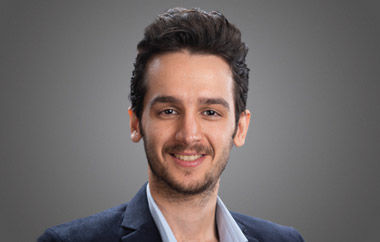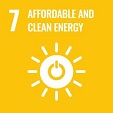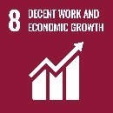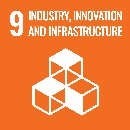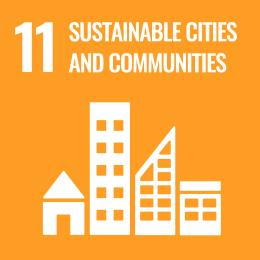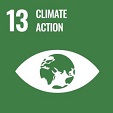PhD in Engineering – Sustainable Energy Systems at Victoria University of Wellington, New Zealand | Volunteer at 'PyPSA-meets-Earth team'
Research focus: data-driven, AI-based cost-optimal integration of distributed energy resources, various energy storage technologies, green vehicles, and electrified heating into renewable and sustainable energy systems
To drive the deployment of sustainable energy systems in remote and rural electrification applications, it is necessary to understand and subsequently address the underlying techno-economic analysis challenges. Accordingly, in response to the existing methodological gaps, the main objective of Soheil’s research is: “Establishing a demand response-integrated, uncertainty-aware energy planning optimisation and infrastructure capacity allocation tool based on data-driven, AI-based algorithms for application to both grid-connected and -isolated highly renewable energy systems”.
The above-mentioned objective makes a significant contribution to the UN Sustainable Development Goal (SDG) 7 (Affordable and Clean Energy) that is mainly coordinated through the United Nations Development Programme (UNDP)-led initiatives. Not only does achieving the objective of Soheil's research efforts improve the cost and resilience of renewable electricity supply to the world’s remote communities, but it also contributes to the elimination of power outages (and, thus, increasing the supply reliability) for the communities connected to the wider electricity grid. It, furthermore, directly facilitates the achievement of a number of other relevant SDGs, in alignment with the United Nations 2030 targets.
In addition, Soheil’s PhD project aims to contribute to the recent trends that provide a realistic basis for research on renewable energy system dispatch and allocation in the presence of high penetration of distributed demand-side flexibility resources. More specifically, Soheil aims to demonstrate that (i) capturing the flexibility potential of small- to medium-sized customers across different sectors during the long-term strategic energy planning phases based on ideas drawn from game theory, (ii) using AI-based optimisation algorithms, (iii) characterising the parametric uncertainties inherent in the associated microgrid designing problems, and (iv) conducting multi-criteria analyses of the long-term sustainability of microgrids can collectively pave the way towards greater energy independence, energy democracy, and energy security in rural and semi-urban areas in a cost-effective and environmentally efficient way. This, in turn, would facilitate the widespread uptake of on- and off-grid microgrids, whilst additionally providing greater insights into the factors that hinder the achievement of the SDGs – with associated important implications for pre-feasibility and business case analyses of on- and off-grid renewable energy systems at greenfield and brownfield sites. Moreover, Soheil’s research on the application of game theory in designing local flexibility energy markets offers key insights into the dynamics and patterns of social convergence in the adoption of incentive-based demand response schemes, with corresponding financial implications for renewable energy system designing and asset allocation.
The jury selected Soheil because his research and work promise great benefits for sustainability. His expertise encompasses sustainable energy generation, storage technologies and smart energy systems. Currently, he explores how artificial intelligence can support cost-effective, sustainable energy security and energy democracy in rural and semi-urban areas.
The research of Soheil mainly contributes to the Sustainable Development Goals 7, 8, 9, 11, 13:
Take a look at this video that briefly introduces Soheil and his research:





